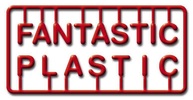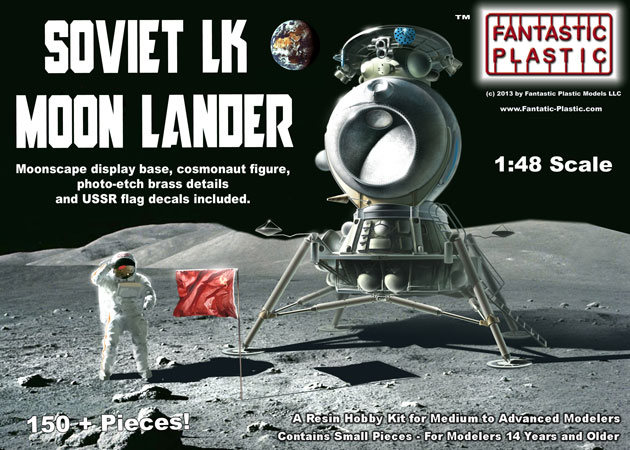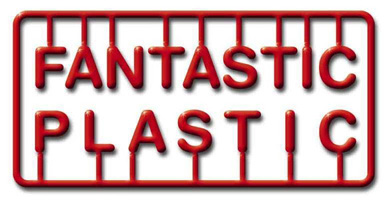Soviet LK Moon Lander (1969)
About the Design
To beat the United States to the Moon, the Soviets' leading rocket designer, Sergi Korolev, proposed a twin-spacecraft system similar to NASA's. The main spacecraft, the LOK (Lunny Orbitalny Korabl) would ferry two to three cosmonauts from Earth to lunar orbit. From there, one cosmonaut would spacewalk from the LOK to the second craft, the LK (Lunny Korabl), a one-man lunar lander that would carry him to the Moon's surface.
Unlike America's Lunar Module, the LK's descent and ascent engines were one and the same. When the cosmonaut was ready to return home, the craft's landing leg apparatus would serve as a launching pad and be left behind as the upper section returned to lunar orbit and linked up with the LOK mothership. Once again, the cosmonaut would have to spacewalk back to the LOK for the return trip home. Several LK prototypes were built and three were tested successfully in Earth orbit in the early 1970s. However, the giant N-1 booster designed to take the USSR to the moon failed repeatedly, eventually allowing the USA to overcome its own development difficulties and put the first man on the Moon in July 1969. The N-1 program was eventually abandoned in the early 1970s and, with it, LOK and LK development. |
About the Kit
This hyper-detailed multi-media LK model kit was released by Fantastic Plastic Models in the fall of 2013. It was the first 1:48 kit of the LK ever produced for general release, designed in scale with the Revell/Monogram Lunar Landing kit from 1970.
The main spacecraft was designed in CAD by Scott Lowther and then 3-D printed by Scicon Technologies. Because several LK prototypes are known to exist, each one unique, the finished model represents a blend of the craft's principle design elements. To capture as much detail as possible, the kit included an extensive brass photo-etch set designed by Lowther and printed by ParaGrafix. Additional fine details could be added using steel wire, styrene rods and single-filament fishing line, all included with the kit. As a finishing touch, the kit included a 5.5-inch-square moonscape display base, a 1:48 scale cosmonaut figure and a Soviet flag. Decals were by JBOT. Original box art was by Denis Podgorny. |


